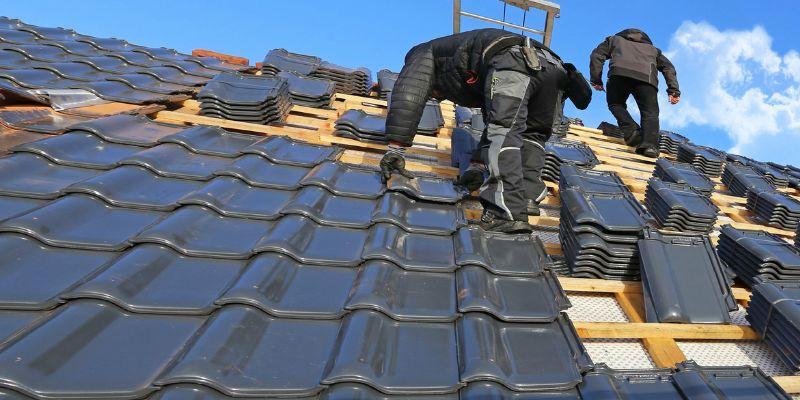The idea of replacing your own roof in Florida may seem tempting for homeowners looking to save money on labor costs. However, before embarking on a DIY roof replacement project, it’s crucial to consider several factors. In this article, we will explore the question of whether a homeowner can replace their own roof in Florida and discuss important considerations to help you make an informed decision.

Knowledge and Experience:
Replacing a roof requires a certain level of knowledge and experience in construction and roofing techniques. While there are resources available, such as online tutorials and instructional videos, it’s essential to assess your own skill level and determine if you have the necessary expertise to complete the project safely and effectively. Roofing is a complex task that requires precision and attention to detail to ensure a watertight and long-lasting result.
Safety Considerations:
Roofing work can be dangerous, especially when working at heights. Florida’s climate can also present additional challenges, including high temperatures and frequent thunderstorms. Proper safety precautions, such as using safety harnesses and following safety guidelines, are essential when working on a roof. Consider whether you have the necessary equipment and knowledge to ensure your safety throughout the project.
Building Codes and Permits:
In Florida, like any other state, there are building codes and regulations that govern roof replacement projects. It’s crucial to familiarize yourself with these codes and obtain any necessary permits before starting the work. Failure to comply with building codes can result in fines or complications when selling your home in the future. Hiring a professional roofing contractor ensures that the work is done in accordance with the local building codes and regulations.
Time and Effort:
Replacing a roof is a time-consuming and physically demanding task. Consider the size of your roof, the complexity of the project, and the amount of time you can dedicate to the work. Roof replacement projects often require a team of experienced professionals to complete the job efficiently. DIY projects can take significantly longer, potentially leaving your home vulnerable to the elements for an extended period.
Warranty and Insurance:
Another important aspect to consider is the warranty and insurance coverage for your roof. Professional roofing contractors typically provide warranties on their workmanship and the materials used. By opting for a DIY approach, you may forfeit these warranties. Additionally, if any damage or accidents occur during the project, it may not be covered by your homeowner’s insurance if the work was not performed by a licensed professional.
Conclusion:
In conclusion, while it may be possible for a homeowner to replace their own roof in Florida, it is a decision that should be carefully considered. Factors such as knowledge and experience, safety considerations, building codes and permits, time and effort, and warranty and insurance coverage should all be taken into account. Roof replacement is a significant investment in your home’s protection and value, and hiring a professional roofing contractor ensures that the work is done correctly and efficiently.
If you decide to proceed with a DIY roof replacement, it is advisable to consult with a roofing professional for guidance and recommendations. They can provide valuable insights and advice to help you navigate the process successfully. Remember, your roof is a crucial component of your home, and ensuring its proper installation and longevity is essential for your safety and peace of mind.



Leave a Reply